Raisins: Tiny Treats Packed with Big Benefits
Raisins, those shriveled little jewels found in many cuisines, may be small in size but are mighty in flavor and nutrition. These dried grapes have been a beloved snack and cooking ingredient for centuries, prized for their sweet taste and versatility. Let’s explore the world of raisins, from their nutritional benefits to their culinary uses and fascinating facts.
Nutritional Benefits:
Rich in Antioxidants: Despite their diminutive size, raisins are bursting with antioxidants, including polyphenols and flavonoids. These compounds help neutralize harmful free radicals in the body, protecting cells from damage and reducing the risk of chronic diseases like cancer and heart disease.
Fiber Powerhouse: Raisins are an excellent source of dietary fiber, both soluble and insoluble. This fiber aids digestion, promotes bowel regularity, and contributes to a feeling of fullness, making them a satisfying snack choice for weight management and digestive health.
Natural Energy Boost: Packed with natural sugars like glucose and fructose, raisins provide a quick and convenient source of energy. Whether you’re hitting the gym or need a mid-afternoon pick-me-up, a handful of raisins can provide a natural energy boost without the crash associated with refined sugars.
Vitamin and Mineral Bounty: Raisins contain a variety of essential vitamins and minerals, including potassium, iron, and B vitamins like B6 and niacin. These nutrients support overall health, from maintaining healthy blood pressure and red blood cell production to aiding in metabolism and energy production.
Culinary Versatility:
- Snack Time Staple: Raisins are a classic snack enjoyed on their own or mixed with nuts and seeds for a satisfying trail mix. Their natural sweetness and chewy texture make them a hit with both kids and adults alike.
- Baking Brilliance: Raisins add sweetness, moisture, and texture to a wide range of baked goods, from oatmeal cookies and cinnamon rolls to fruitcakes and bread puddings. They can be stirred into batters or doughs, soaked in liquid to plump them up, or used as a natural sweetener in place of refined sugar.
- Savory Surprises: While raisins are often associated with sweet dishes, they also shine in savory recipes, adding depth and complexity to dishes like rice pilafs, tagines, and salads. Their sweet-tart flavor pairs beautifully with savory ingredients like onions, garlic, and spices, creating a harmonious balance of flavors.
Fun Facts:
- Ancient Origins: Raisins have been enjoyed by humans for thousands of years and have been mentioned in ancient texts and mythologies from cultures around the world. They were prized by the ancient Greeks, Romans, and Egyptians, who offered them as gifts to the gods and used them as currency.
- Sun-Kissed Goodness: Traditionally, raisins are made by drying grapes in the sun, allowing them to naturally shrivel and sweeten. However, modern production methods often involve mechanical drying techniques to speed up the process and ensure consistency.
- Variety Galore: Raisins come in a variety of colors, sizes, and flavors, depending on the type of grape and drying method used. Common varieties include Thompson Seedless (golden), Flame Seedless (red), and Muscat (dark), each with its own unique taste and texture.

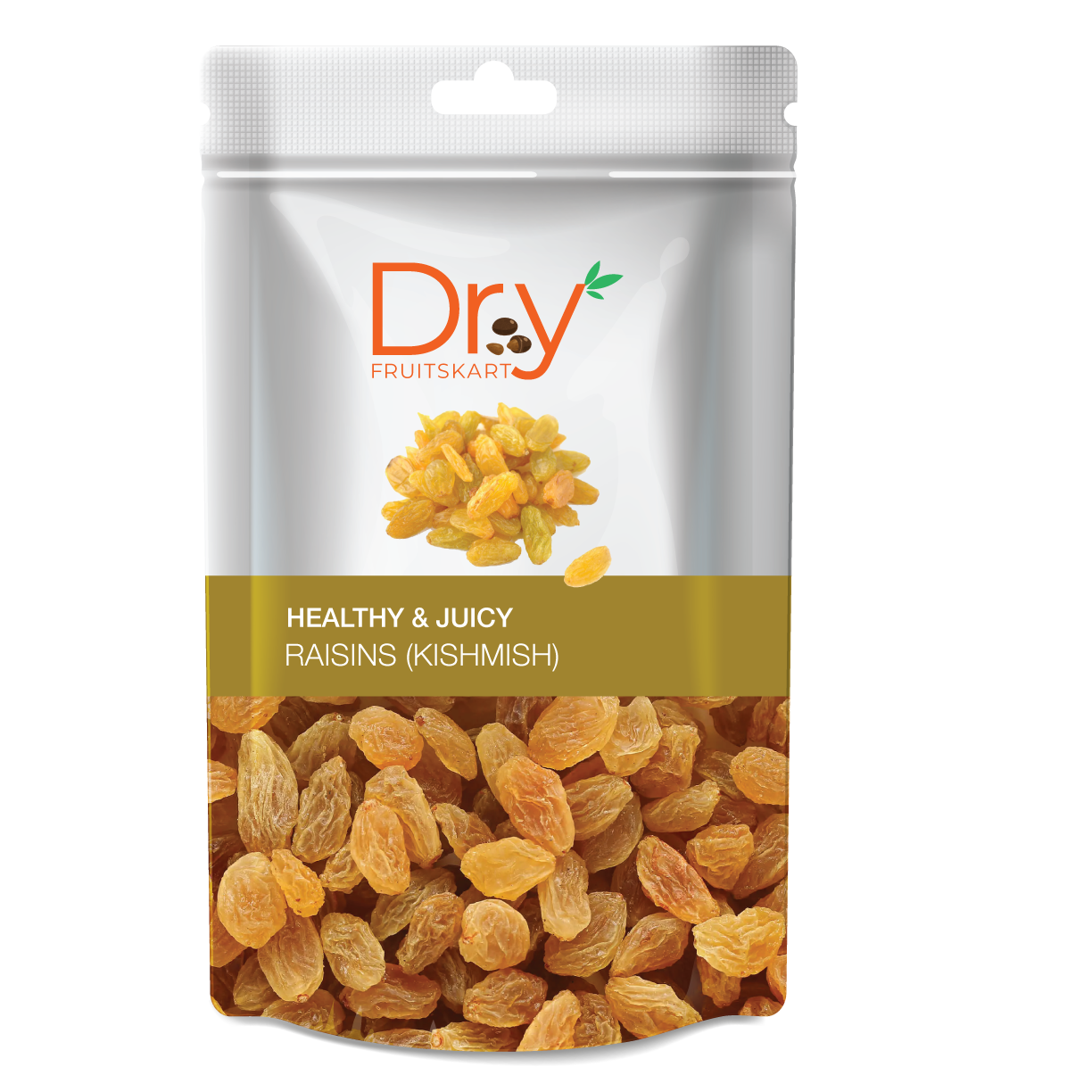
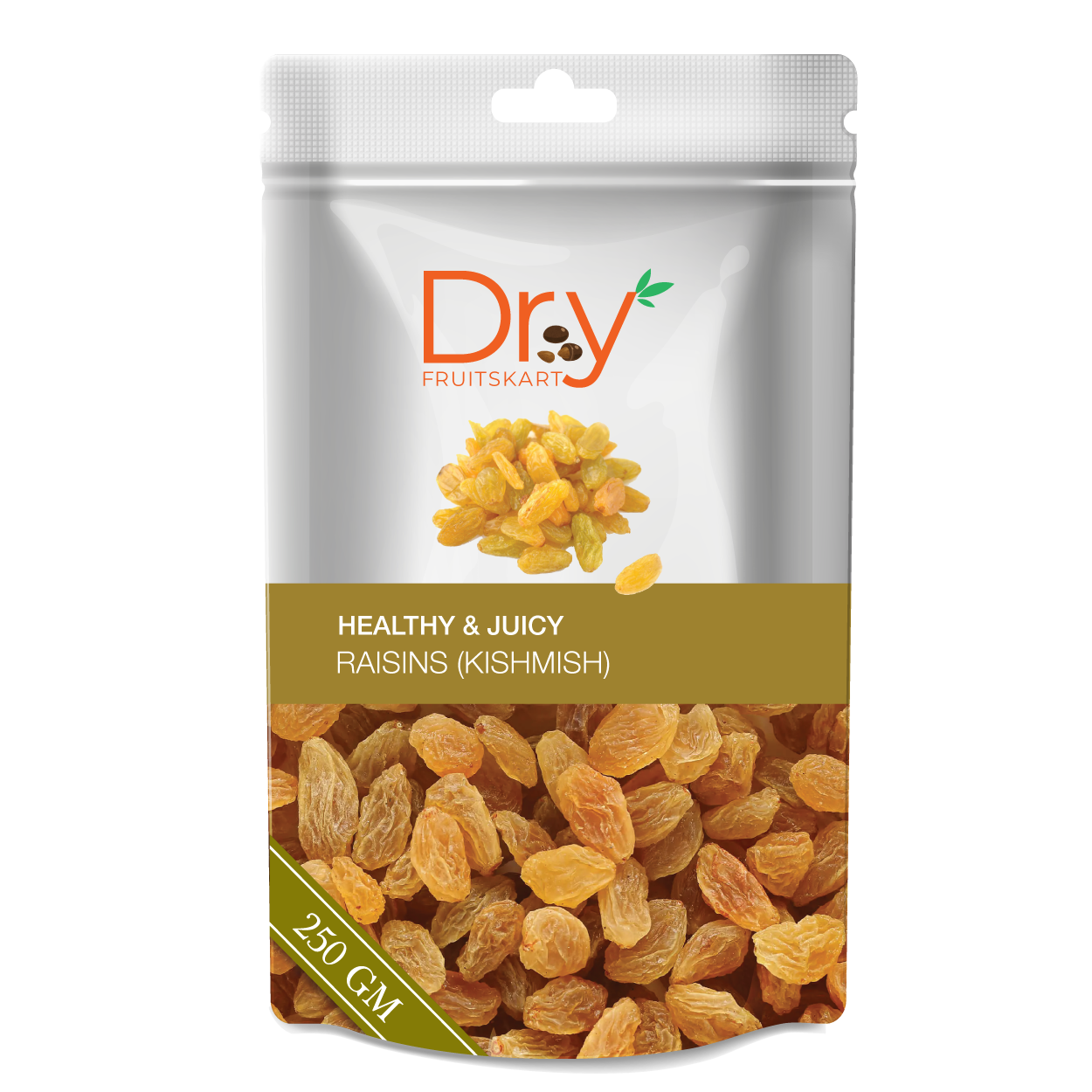
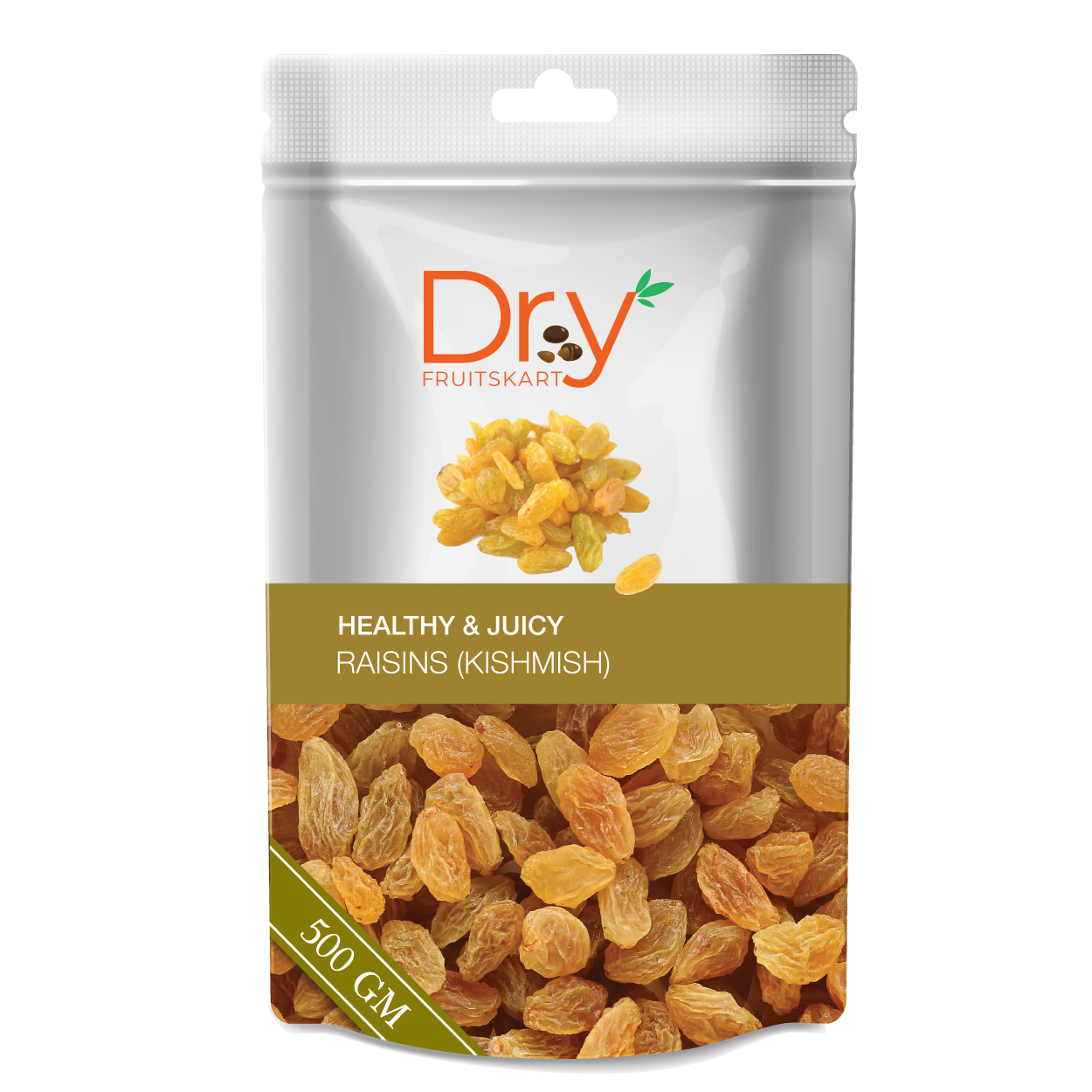
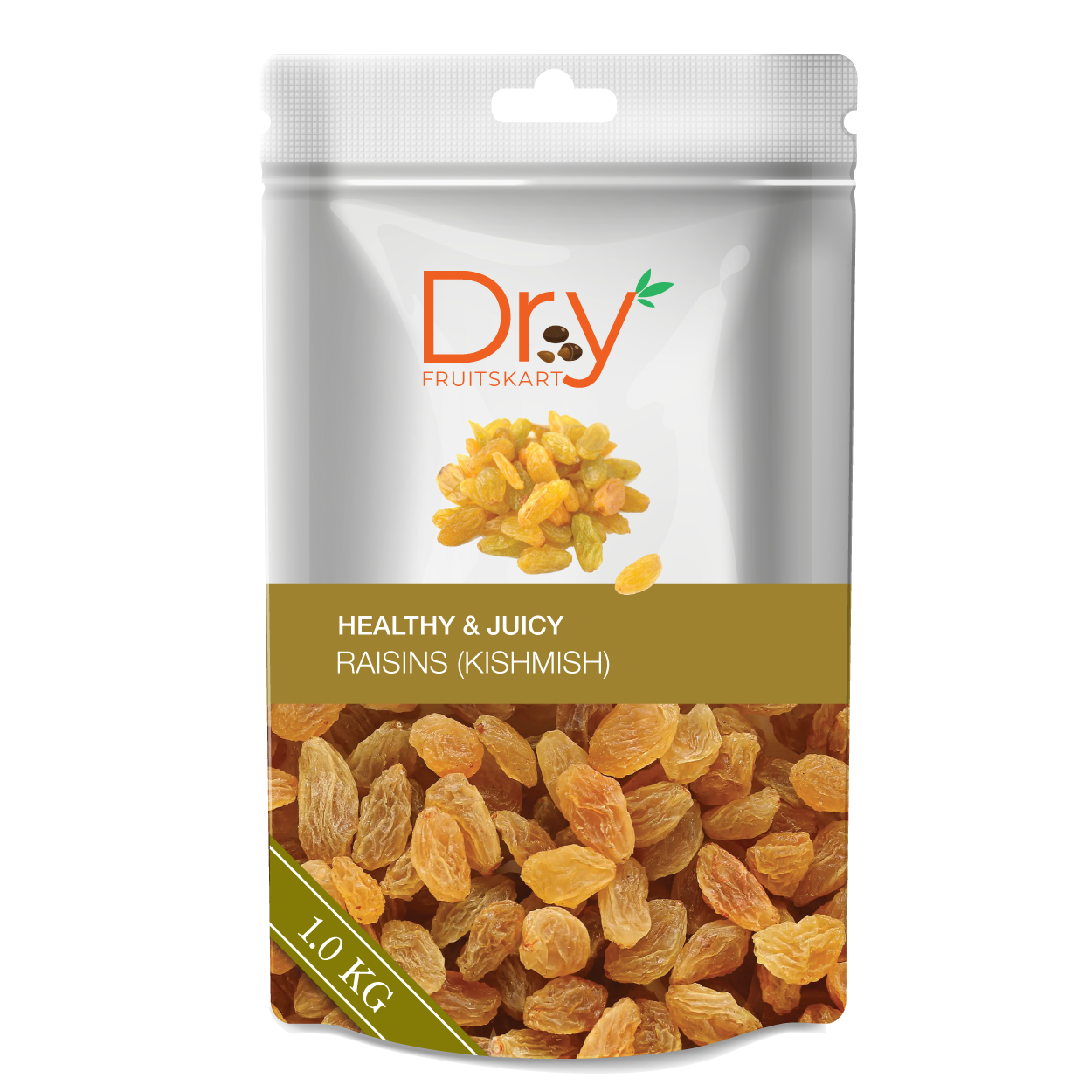
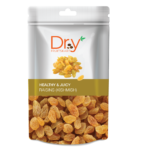



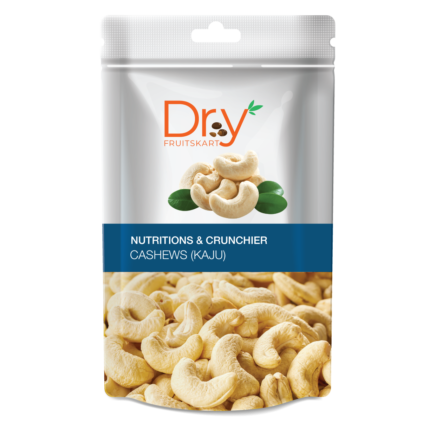
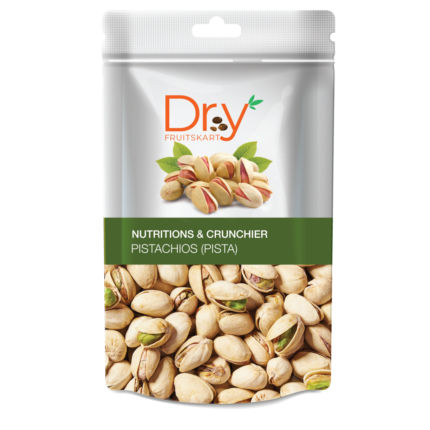
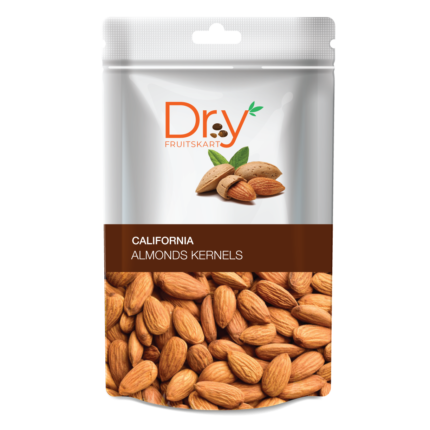
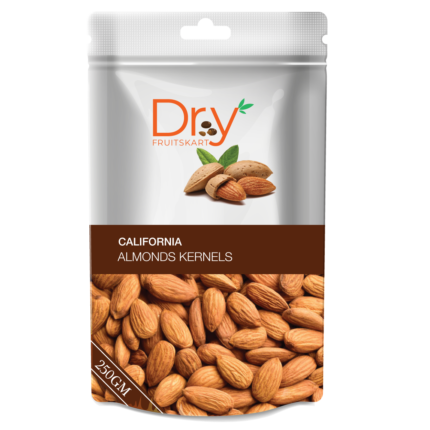
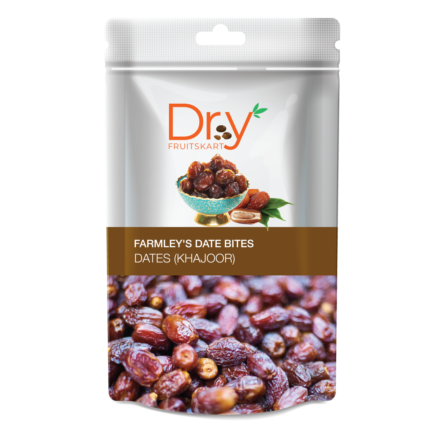
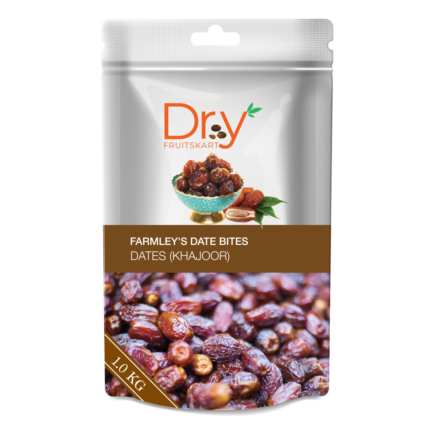
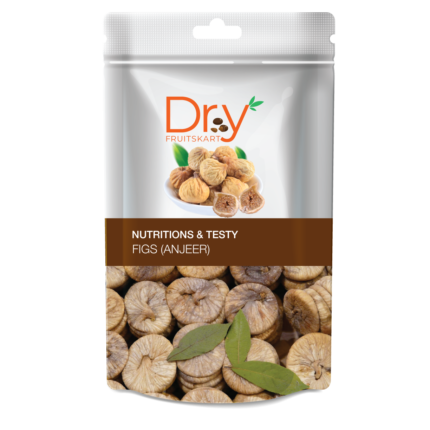
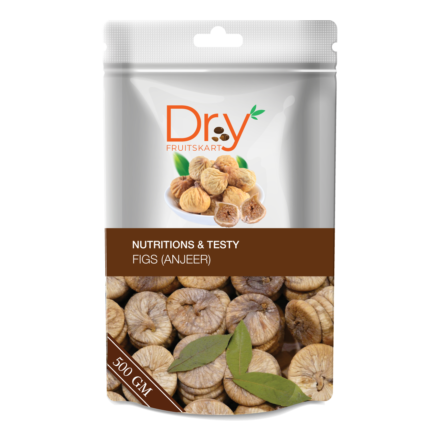
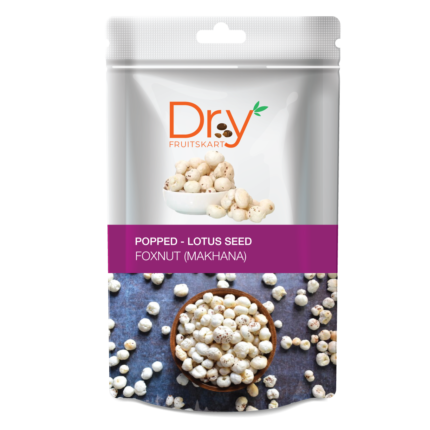
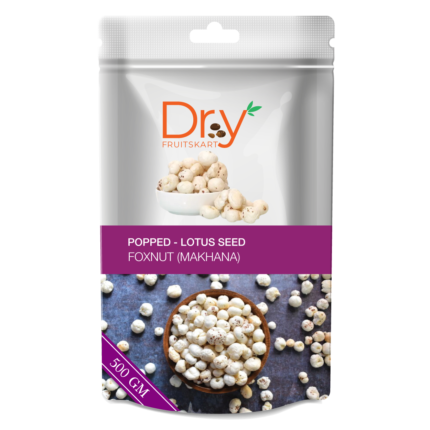
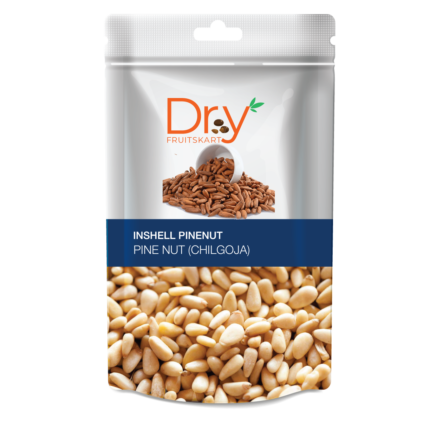
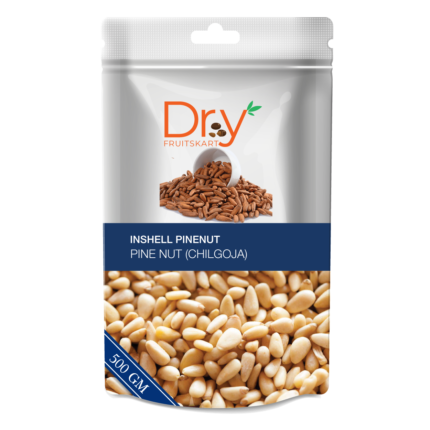
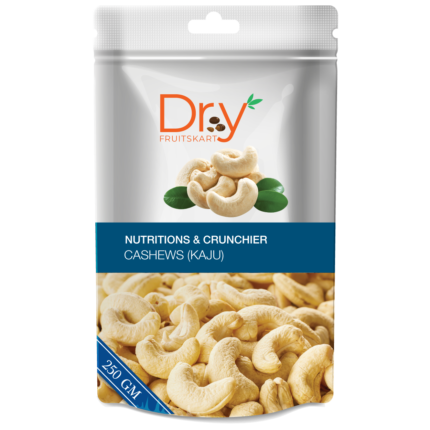
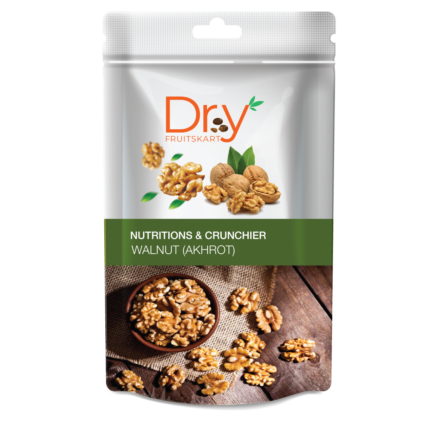
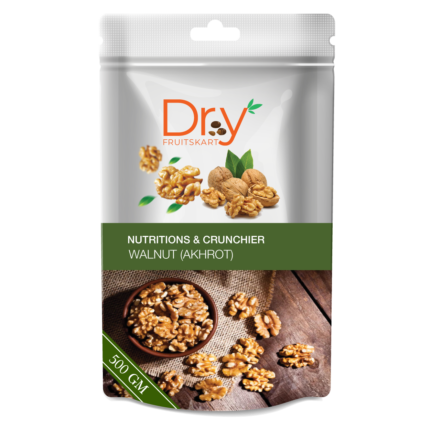
Reviews
There are no reviews yet.